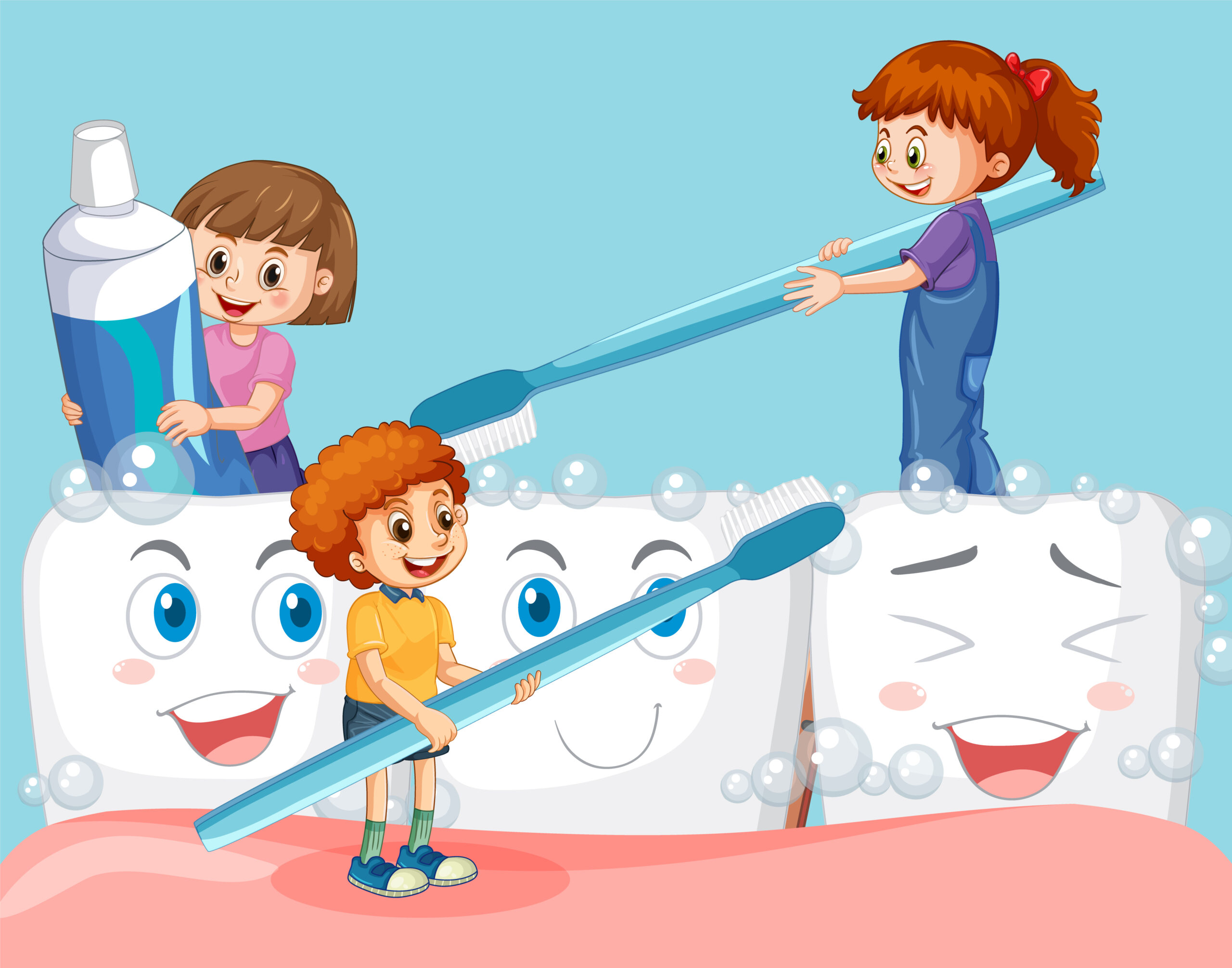Introduction:
Our smiles hold immense power, reflecting joy, confidence, and connection. But navigating the maze of oral health myths can cloud our journey to a bright, healthy grin. It’s time to shed light on these misconceptions and discover the truth behind common beliefs. Join me as we embark on a journey to debunk five myths about oral health, uncovering the real facts that uplift and empower us to embrace radiant smiles and vibrant well-being. Let’s embark on this journey together, armed with knowledge and determination to achieve the oral health we deserve.
Table of Contents
Myth 1: Brushing Harder Means Cleaner Teeth.
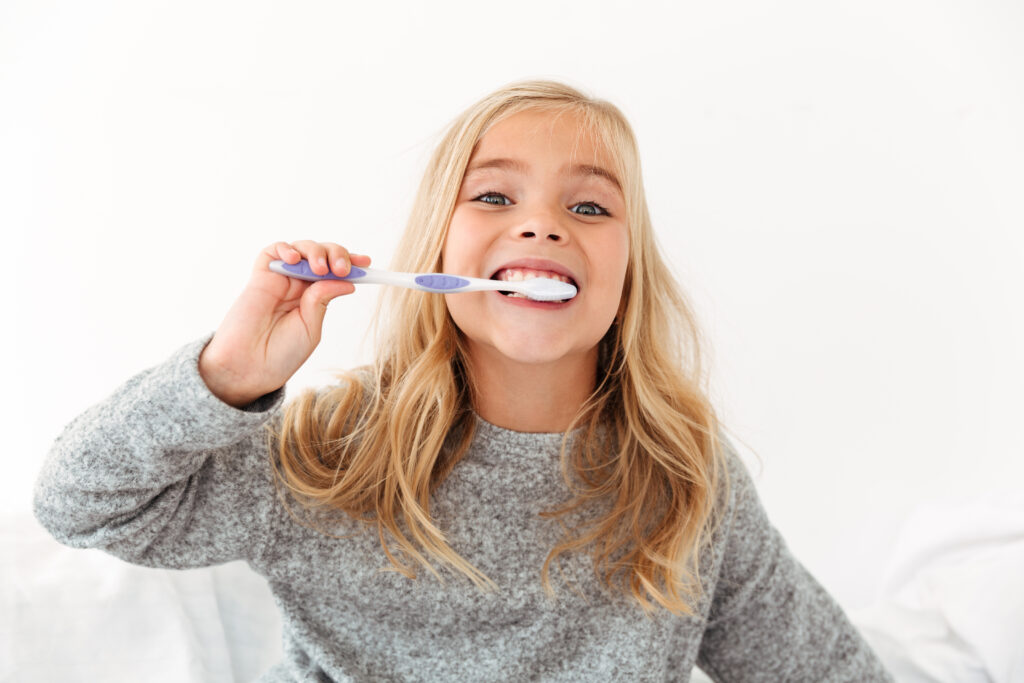
Fact: Gentle, Proper Technique is Key.
We’ve all been guilty of it at some point – vigorously scrubbing our teeth, believing it’s the best way to rid them of plaque and stains. However, the truth is far gentler. Overly vigorous brushing can damage enamel, causing sensitivity and even weakening of the gums. Instead, opt for a soft-bristled brush and gentle, circular motions. It’s not about force, but consistency and technique that truly make a difference.
Myth 2: Sugar is the Sole Culprit Behind Cavities.
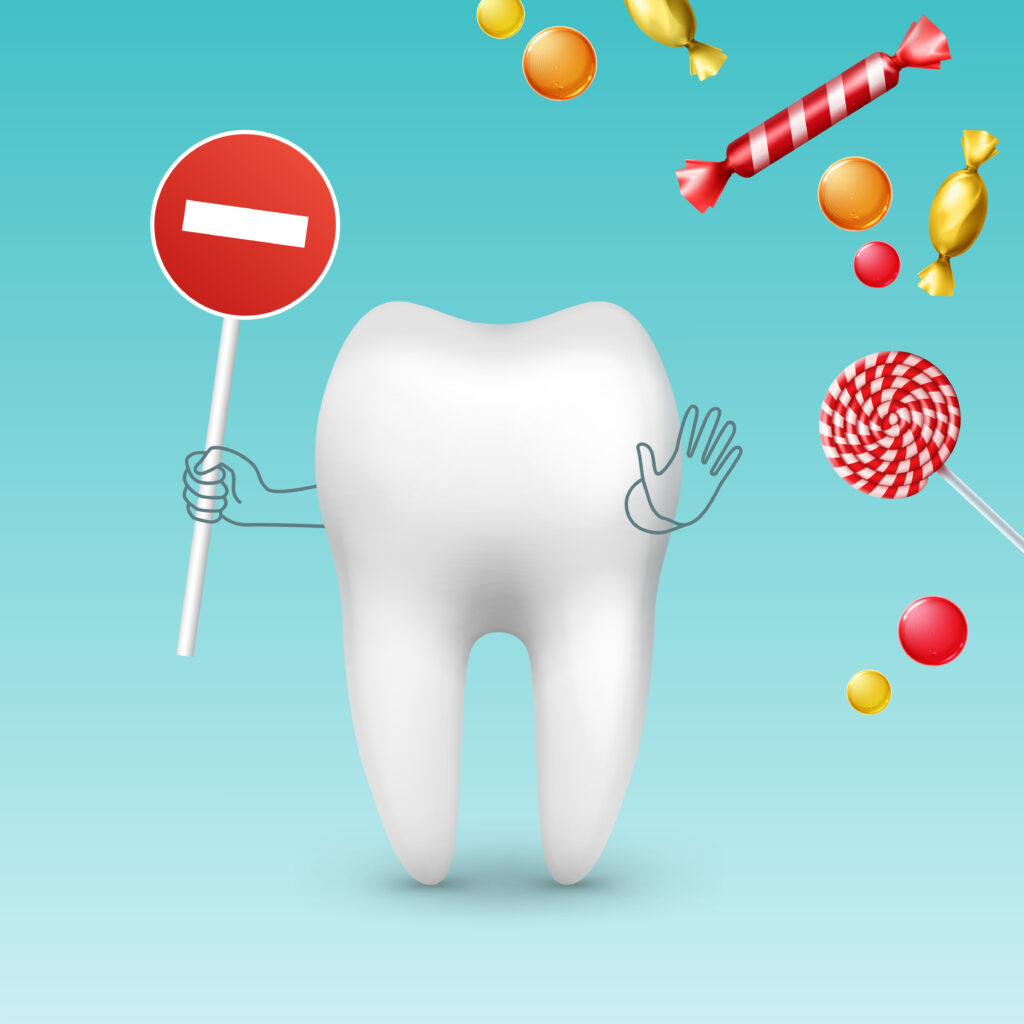
Fact: Frequency and Type of Sugar Matter.
While sugar is undoubtedly a factor in cavity formation, it’s not the only one to blame. The frequency of sugar intake and the type of sugar consumed play significant roles. Sticky candies or sugary beverages consumed throughout the day expose teeth to prolonged acid attacks, increasing the risk of decay. It’s not just about cutting out sugar entirely but being mindful of when and how we consume it.
Myth 3: Only Children Need Dental Sealants.
Fact: Dental Sealants Can Benefit Adults Too.
Dental sealants are often associated with children, but adults can reap their benefits as well. Sealants act as protective barriers, shielding vulnerable teeth from decay-causing bacteria. They’re particularly useful for molars, where deep grooves can trap food particles. Whether you’re young or young at heart, dental sealants offer an extra layer of defense against cavities, regardless of age.
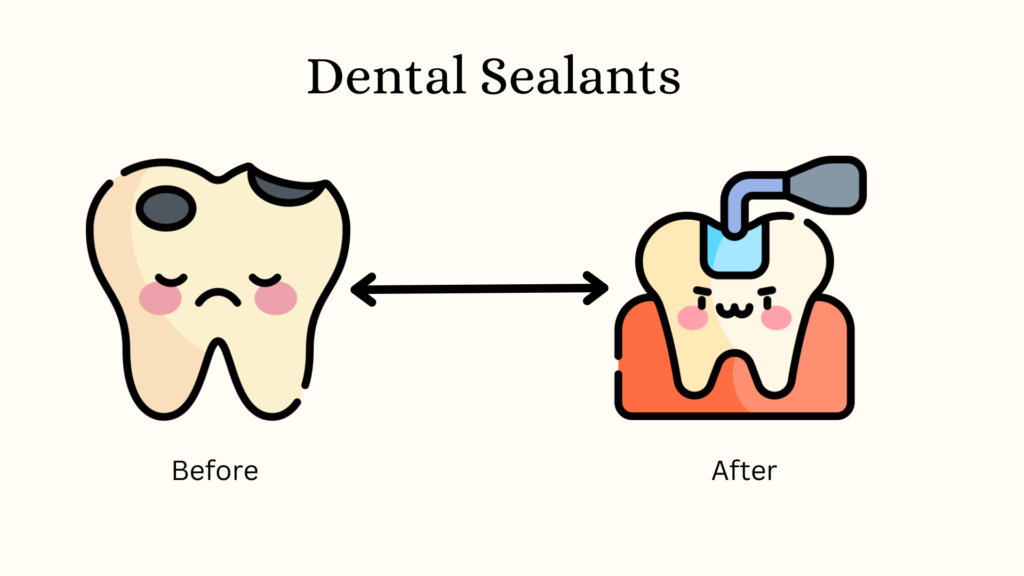
Myth 4: Gum Disease Affects Only the Mouth
Fact: General Health and Oral Health are connected.
Gum disease isn’t just a dental issue – it’s linked to various systemic health conditions. Research has shown associations between gum disease and heart disease, diabetes, and even pregnancy complications. The mouth serves as a gateway to the body, and infections or inflammation can have far-reaching consequences. Proper oral hygiene isn’t just about a sparkling smile; it’s about safeguarding overall health and well-being.
Myth 5: You Can’t Rebuild Tooth Enamel.
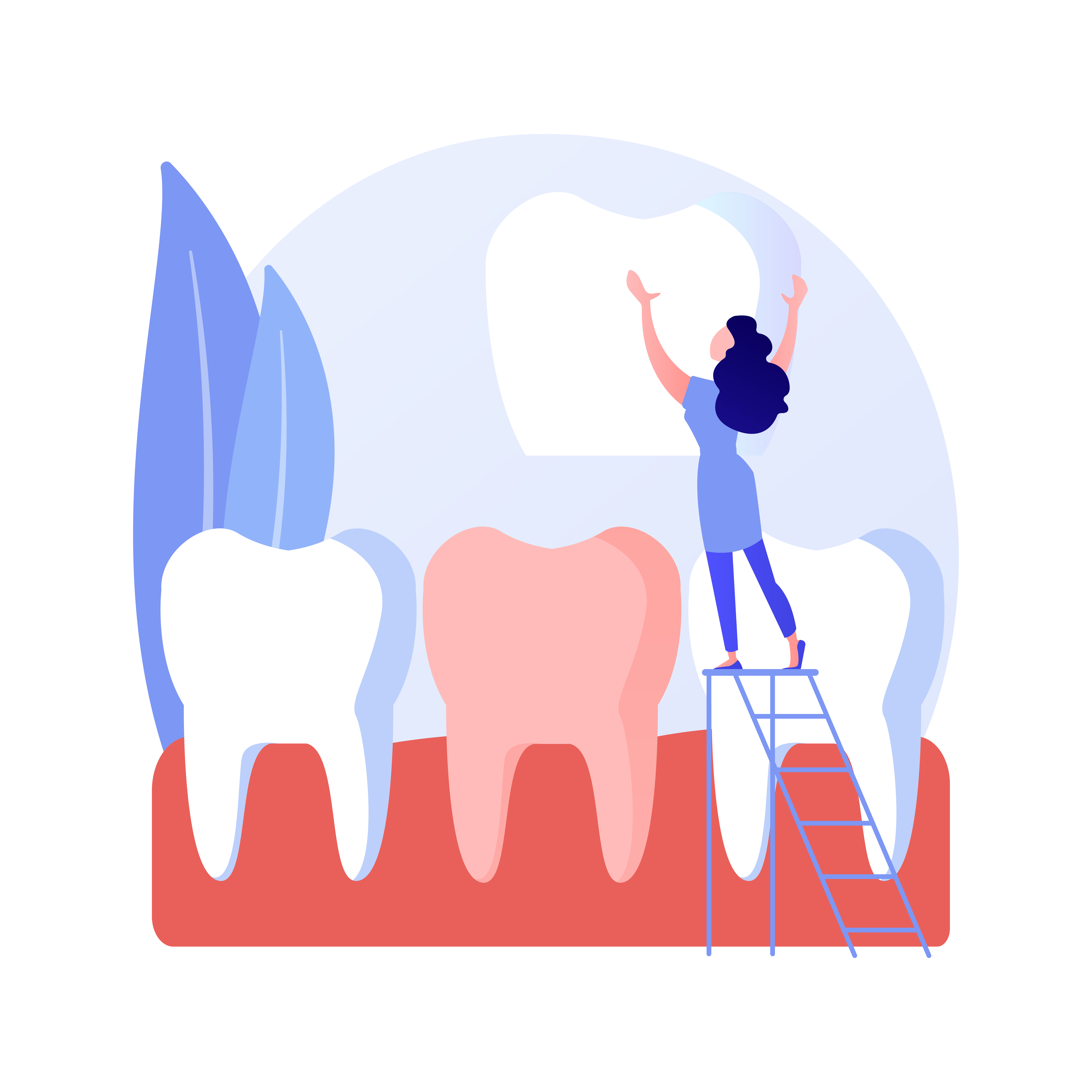
Fact: Remineralization is Possible.
While enamel is the body’s hardest substance, it’s not impervious to damage. Acidic foods, poor oral hygiene, and certain medical conditions can weaken enamel over time. However, the good news is that enamel can undergo remineralization with proper care. Fluoride, found in toothpaste and some drinking water, helps rebuild weakened enamel, making teeth more resilient to decay. With the right approach, you can give your enamel the boost it needs to stay strong and healthy.
Tips for a Radiant Smile and Healthy Mouth.
Taking care of your oral health is not just about having a dazzling smile; it’s about feeling confident, comfortable, and vibrant from within. Here are some heartfelt tips to help you achieve and maintain oral wellness:
- Embrace Consistent Dental Hygiene: . Brush twice a day, using gentle circular motions, and don’t forget to floss! This simple routine removes plaque and debris, keeping your smile bright and your breath fresh.
- Nourish Your Body, Nourish Your Smile: Remember, what you eat affects more than just your waistline – it impacts your oral health too. Choose a diet high in fruits, vegetables, fatty meals, and whole grains that is well-balanced. These nutrient-packed foods not only fuel your body but also promote strong teeth and healthy gums.
- Stay Hydrated, Stay Healthy: Water is nature’s elixir for both body and soul – and your mouth is no exception. Drinking plenty of water throughout the day helps rinse away food particles, stimulates saliva production, and maintains optimal oral hydration.
- Visit Your Dentist Regularly: Your dentist is your partner in oral health, providing professional cleanings, thorough exams, and personalized guidance to keep your smile shining bright.
- Guard Your Smile Against Habits: Certain habits, like smoking or excessive alcohol consumption, can wreak havoc on your oral health. Take steps to break free from these habits, not just for your teeth, but for your overall well-being. Your smile deserves to be nurtured and protected from harm.
All the images are taken from https://www.freepik.com/ and edited in https://www.canva.com/.
Conclusion:
In conclusion, debunking these common myths about oral health empowers us to make informed decisions about our dental care. From the proper brushing technique to understanding the broader implications of gum disease, knowledge is the key to a radiant smile and overall well-being. Let’s embrace these truths and embark on a journey towards optimal oral health for ourselves and our loved ones.
FAQs
Do I really need to floss every day?
Yes, flossing daily is essential for removing plaque and food particles from between your teeth, where your toothbrush can’t reach effectively. It helps prevent cavities and gum disease.
Can poor oral health affect my heart?
Yes, research suggests a link between gum disease and heart disease. Bacteria from gum infections can enter the bloodstream and contribute to cardiovascular issues, emphasizing the importance of oral hygiene for heart health
Can certain medications affect my dental health?
Yes, some medications can cause dry mouth as a side effect, which increases the risk of cavities and gum disease. It’s important to discuss any medication-related concerns with your dentist and practice good oral hygiene to mitigate these risks
Are electric toothbrushes better than manual ones?
Both electric and manual toothbrushes can be effective when used correctly. Electric toothbrushes may offer advantages such as built-in timers and rotating brush heads, but the most important factor is using whichever type encourages you to brush regularly and thoroughly.
Does pregnancy affect oral health?
Yes, hormonal changes during pregnancy can increase the risk of gum disease and other oral health issues. It’s important for pregnant individuals to maintain good oral hygiene habits and attend regular dental check-ups for optimal oral health during pregnancy.

